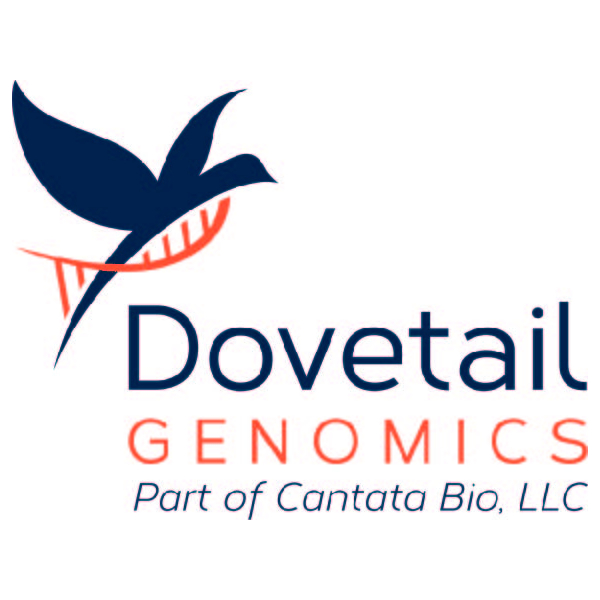We are all unique. Our health is determined by our genome combined with our lifestyles and environment. By joining information about our genome with other clinical and diagnostic information, patterns can be identified and help to determine our individual risk of developing disease, detect illness...
The 16th CRG Symposium: Seventh International Workshop on Genomic Epidemiology will take place at the PRBB Auditorium from 20 to 22 September 2017 will gather speakers to discuss about the progress in sequencing and with other technologies for biomolecular analysis, and their applications in...
The Earth's human population is rapidly growing and the demand for vegetable and livestock production is increasing at the same rate. To overcome this situation a broad range of improvements in the global food supply chain is needed.
The CNAG takes part in genome sequencing and analysis projects...
The 5th CNAG Symposium on Genome Research presents the current state of single cell research, it will take place on the 19th May 2016 in Barcelona.
All living organisms live in or are ecosystems of individual cells that interact and adapt to the micro- and macro-environmental changes throughout...
On April 6 2016, the CNAG organises the workshop Introduction to Genome Analysis to help collaborators get a better understanding and improve interpretation of genome data. This is the second edition of the workshops that the CNAG offers to current and prospective collaborators.
The...
The 4th CNAG Symposium is focused again on Rare Diseases and is coorganized by the Instituto de Investigación Sanitaria de la Fundación Jiménez Díaz (IIS- FJD) and the CNAG. It will take place the October 29th in Madrid, when we will have the opportunity to discover the latest research discoveries...

















